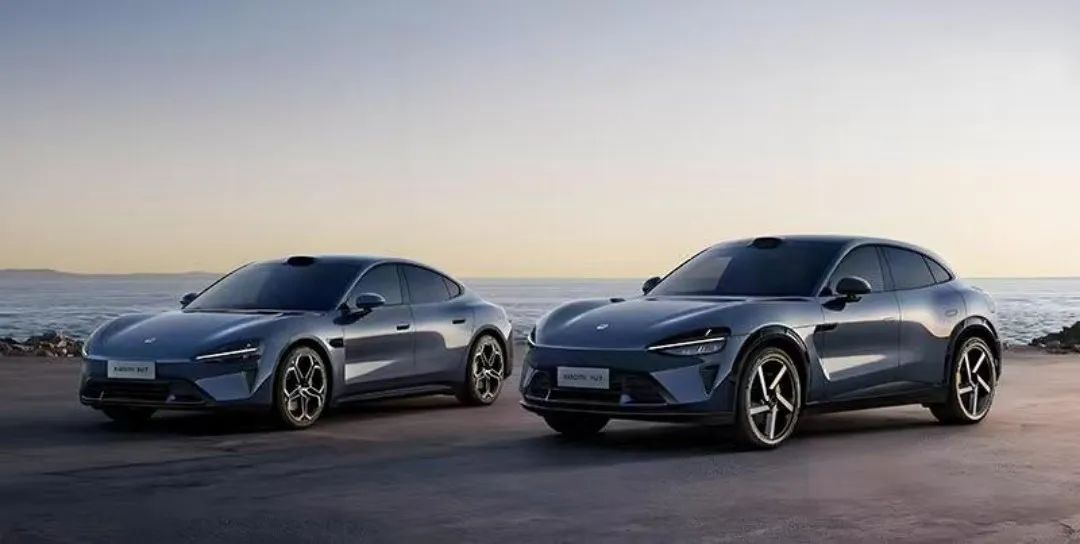Who is Panicking After Xiaomi SU7Ultra's Major Breakthrough?
![]() 03/14 2025
03/14 2025
![]() 729
729
A Dual Battle of Time and Technology
In early 2025, Lei Jun once again shook up the automotive industry with a groundbreaking new product. On the evening of February 27, at the Beijing National Convention Center, Xiaomi Automobile's SU7Ultra was officially unveiled with a retail price of 529,900 yuan, a significant reduction of 285,000 yuan from the pre-sale price of 814,900 yuan.
Even more astonishing was the vehicle's sales performance post-launch. Within 10 minutes, orders surpassed 6,900 units, reaching 10,000 units within two hours, effectively meeting the annual target. By March 2, orders had climbed to over 15,000 units. Based on the standard edition price of 529,900 yuan, Xiaomi had secured nearly 8 billion yuan in orders in just three days.
Unlike last year, when founders of various automakers attended Xiaomi's launch event in solidarity, this year, competitors remained conspicuously silent. Faced with Lei Jun's formidable offering, some automakers may face a challenging year ahead. Who, then, will be the most rattled?
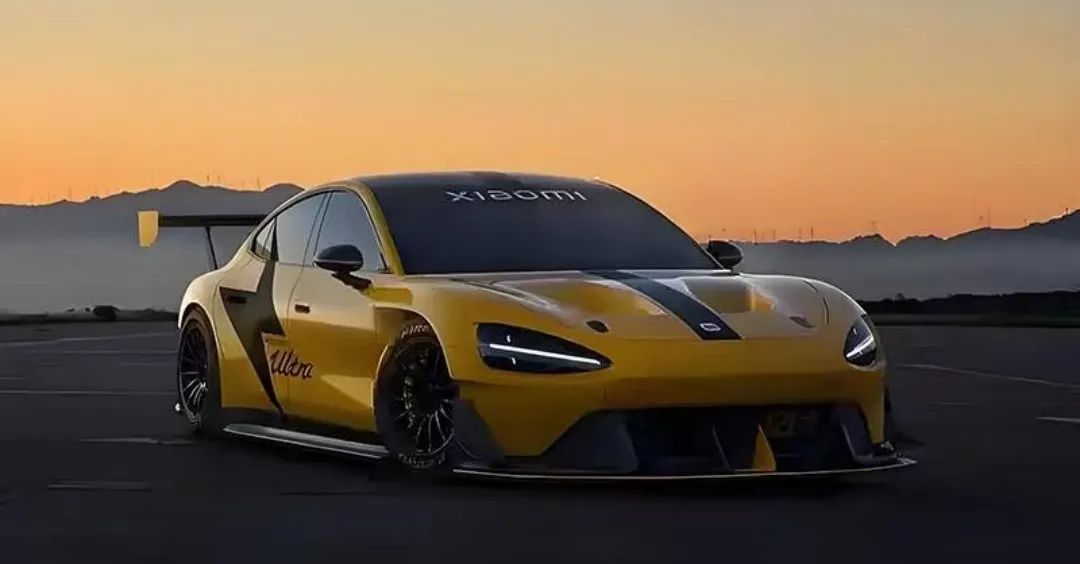
Challenging Tesla, Rivaling BBA
As Xiaomi's most expensive product in its 15-year history, the SU7Ultra carries the significant responsibility of conveying the brand's high-end image to the global market. The official description boasts: performance comparable to Porsche, technology catching up with Tesla, and luxury rivaling BBA, immediately identifying five key competitors.
First, in terms of specifications, the SU7Ultra delivers impressive performance. Currently, it holds multiple track records, including a 0-100 km/h acceleration time of 1.98 seconds, a maximum speed of 359 km/h (comparable to a high-speed train), and a maximum downforce of 285 kg.
To better demonstrate its capabilities, it employs a three-motor configuration with a single V6s motor on the front axle and a combination of dual V8s motors on the rear axle. Shengma Finance learned that the V6s super motor was jointly developed by Changzhou Inovance New Energy and Xiaomi. Currently, one out of every three new energy vehicles in China is equipped with Changzhou Inovance's electric control system. Its dual V8s+V6s combination can achieve a maximum horsepower of 1,548 PS.
With such a configuration, the SU7Ultra even broke the lap record held by the Porsche Taycan at the Shanghai International Circuit, which currently has an official starting price of 1.998 million yuan in the domestic market.
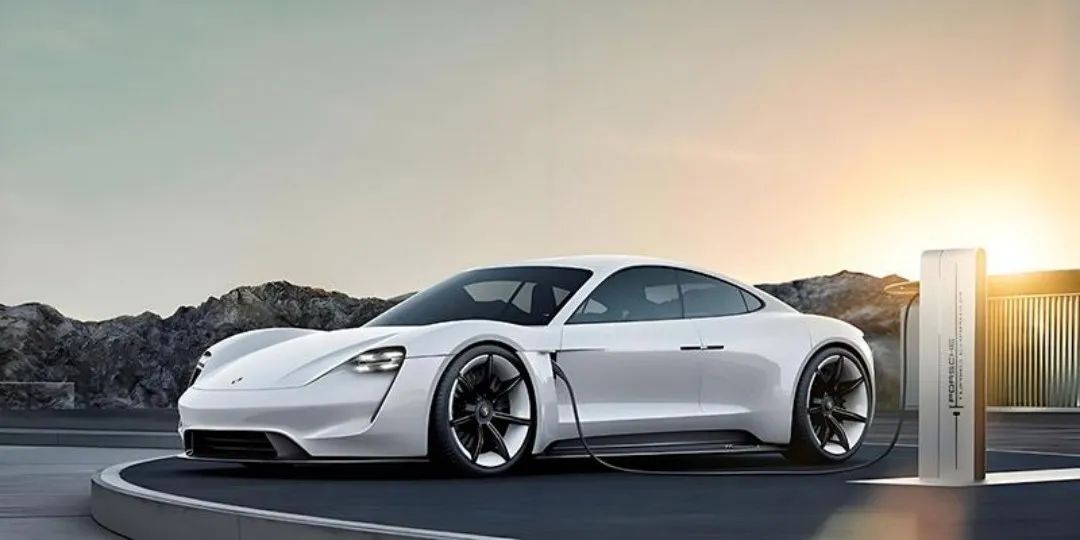
Industry insiders also told Shengma Finance, "If you have a basic understanding of racing, you'll appreciate how remarkable it is to unleash the full power of 1,500 horsepower for just over 600,000 yuan."
Xiaomi's commitment goes beyond performance. In terms of interior and details, the SU7Ultra also reaches new heights. Lei Jun bluntly stated at the launch event, "Friends who frequently buy supercars know that this set of interiors costs at least 2 million yuan." It is understood that the SU7Ultra uses a substantial amount of carbon fiber, particularly a large carbon fiber roof of 1.7 square meters, which is both lightweight and durable. Worth mentioning is that the SU7Ultra emblem even features 24-karat gold plating, prompting netizens to exclaim, "I want to steal the emblem!"
Overall, whether in terms of horsepower, specifications, or emotional value, Xiaomi adheres to its consistent principle – extreme cost-effectiveness. Consequently, the most common comment on the SU7Ultra online is, "Although I can't afford it, I still feel it's very cheap." This is an achievement that BBA, with its traditional manufacturing mindset, cannot replicate.
Looking at sales, in 2024, BBA's sales collectively declined. Mercedes-Benz saw a 7% drop, Audi a 10.9% decrease, and BMW a 13.4% decline. According to data from the Owner's Guide, in January 2025, sales of the BMW 5 Series, Mercedes-Benz E-Class, and Audi A6L in the Chinese market were 10,625 units, 12,100 units, and 19,710 units, respectively. It can be said that the monthly sales scale of tens of thousands that BBA has built up in China over decades was achieved by Xiaomi in just two hours. Now, with reservations for the SU7Ultra reaching 15,000 units, its future competitiveness should not be underestimated.
From a financial perspective, BBA's profits have also plummeted to historic lows. In the third quarter of 2024, BMW's net profit dropped 83.8% year-on-year, Audi fell 91%, and Mercedes-Benz declined 53.8%. Japanese brands are also struggling. In the third fiscal quarter of 2024 (October 1 to December 31), Nissan reported a net loss of 14.1 billion yen with an operating profit margin of only 1%. Industry insiders warned that if BBA continues on this path and faces the impact of Xiaomi Automobile in the high-end market, they might have to bid farewell to the Chinese market within three years.
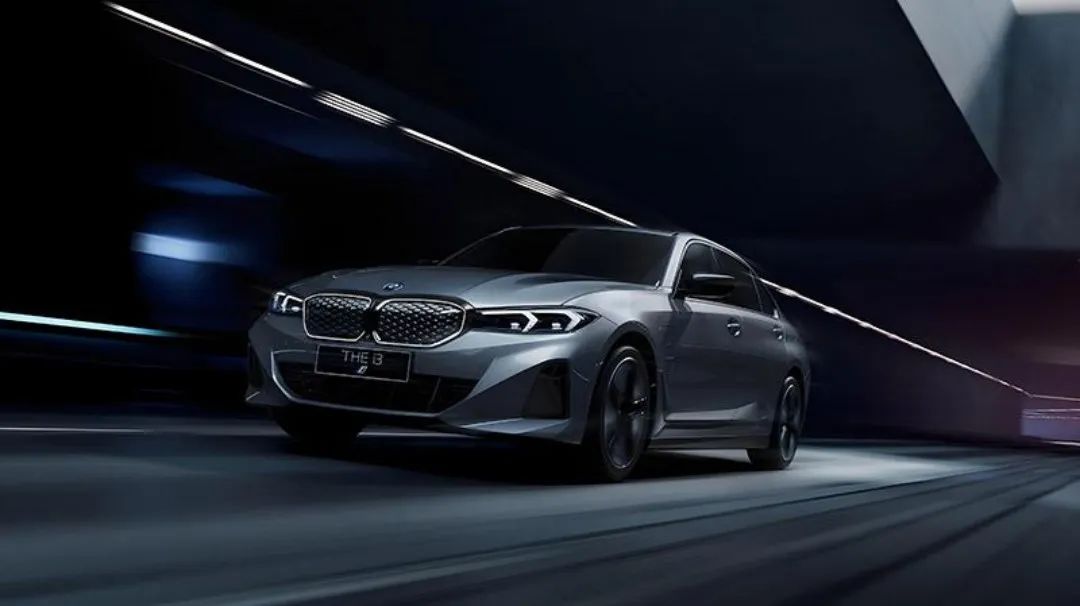
Newcomers Also "Unsettled"
Shengma Finance speculates that Xiaomi's SU7Ultra is not just aiming to disrupt the C-segment luxury car market dominated by the BMW 5 Series, Mercedes-Benz E-Class, and Audi A6L but also to compete for market share with domestic luxury cars like NIO EP9 and ZEEKR 001FR. After all, there has yet to be a fully "successful" case for domestic brands in the new energy vehicle market above the 500,000 yuan price point.
Therefore, besides BBA, newcomers are also feeling the heat from Xiaomi's momentum. The standard edition of the NIO EP9, priced at 1.68 million yuan, and the ZEEKR 001FR, priced at 769,000 yuan, both boast around 1,300 horsepower, but their prices are significantly higher than the SU7Ultra. Beyond these newcomers, Xiaomi has always been compared to another cross-border player, Huawei, as both excel at deploying an "ecological chain."
However, the current reality is that among Huawei's Hongmeng Intelligent Driving models, the relatively high-end AITO M9, Xiangjie S9, and Zhijie S7 have yet to truly capture the market. According to data, Xiaomi's sales of just one model (SU7) in January this year surpassed those of the entire AITO series. February sales statistics show that the combined sales of the six models under Hongmeng Intelligent Driving barely surpassed Xiaomi's in terms of volume. However, compared to the same period last year, Hongmeng Intelligent Driving's sales have declined by 39% month-on-month.
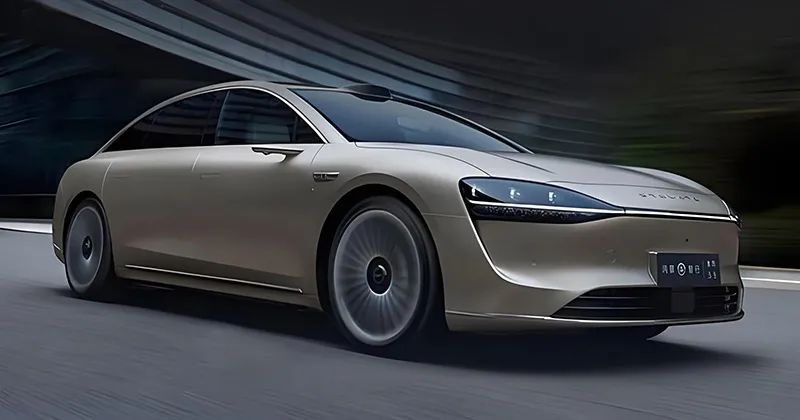
Most importantly, in the current product positioning range of 500,000 to 800,000 yuan, Huawei does not have a competing product comparable to Xiaomi's SU7Ultra. From this perspective, Xiaomi has gained another advantage. Overall, in this price range, compared to domestic "luxury cars," Xiaomi has yet to encounter a truly formidable opponent.
It's worth mentioning that according to Xiaomi's latest third-quarter financial report, Xiaomi Automobile's gross margin for Q3 has reached 17.1%, up from 15.4% in Q2. During the same period, Tesla's gross margin for the Q3 automotive business was 16.4%, and ZEEKR's was 15.7%. (NIO and XPeng have not yet announced Q3 data.) In just one year, Xiaomi has surpassed both Tesla and ZEEKR.
Moreover, Xiaomi Automobile's losses are narrowing. According to the latest financial report, the adjusted net loss for Xiaomi's smart electric vehicles and other innovative businesses in Q3 was 1.5 billion yuan, compared to a net loss of 2.3 billion yuan in Q1 and 1.8 billion yuan in Q2. According to Lu Weibing's Weibo post, Xiaomi's cash reserves have grown to 150 billion yuan. While the company will continue to invest 10 billion yuan in automobile manufacturing this year, this amount poses little burden on Xiaomi. Currently, among new force automakers, only NIO and Tesla have achieved positive net profits and possess self-sufficiency. However, for other automakers, cash flow directly impacts the company's future.
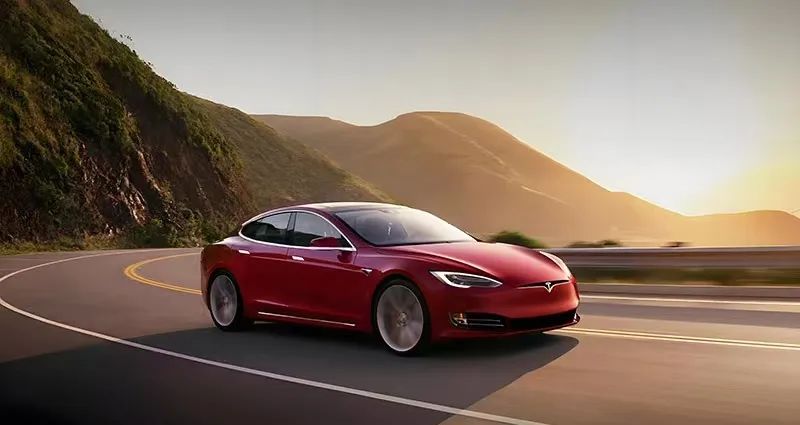
Ultimately, the reason Xiaomi can overturn the market is its creation of a Xiaomi Smart Home ecosystem spanning smartphones, home appliances, and automobiles. In this future technology war, what global brands compete for is not the sales volume of a single product or reaching all consumers with one product. Instead, it's about complementing every shortcoming and providing a comprehensive and seamless smart living experience – with smartphones as the entry point and automobiles and smart home appliances as anchors, jointly creating a unique smart experience.
Shengma Finance learned that within just a few days, Xiaomi Automobile announced that Xiaomi YU7 had officially completed filing and is expected to be launched in June or July. Initially, the launch of Xiaomi SU7 was like a powerful punch directly into the core of the new energy vehicle market. Now, with YU7 on the horizon, it represents not only Xiaomi's second model but also a crucial step towards officially entering the SUV market.
However, it's not impossible for new force automakers to "overtake." Recently, Geely officially announced its access to DeepSeek, becoming the first automaker in the industry to do so. The company declared that Geely has become the "only one in the world" to complete a comprehensive AI intelligent layout for the entire domain. In terms of computing power, the Xingrui Intelligent Computing Center 2.0 boasts a comprehensive computing power of 23.5 EFLOPS, ranking second globally.
It's evident that in 2025, any automaker that takes the lead in transitioning from "car + AI" to "AI + car" will inevitably stir up new storms. For automakers, this will be a dual battle of time and technology.
